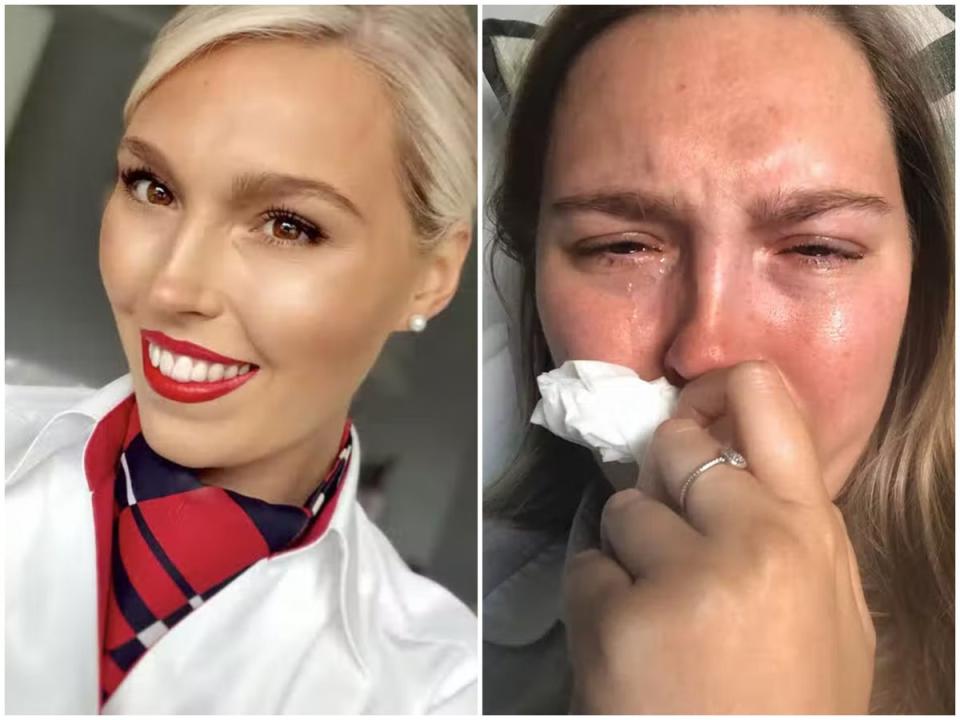Long Covid now has three types - and each has its own set of symptoms
There are three different types of long Covid and each has its own set of symptoms, according to researchers.
Experts from King’s College London examined 1,459 people living with long Covid - defined by the study authors as suffering symptoms for at least 84 days after infection - and found there appeared to be three “subtypes” of the condition.
A pre-print of the study, published on medRxiv, revealed people with long Covid appeared to be split into three main groups, including:
Those with neurological symptoms including fatigue, brain fog and headache – most commonly found among those who became infected when the most dominant strains were alpha and delta.
A second group who experienced respiratory symptoms, including chest pain and shortness of breath. This was found more commonly among those infected during the first wave of the virus.
A final group experiencing a range of symptoms including heart palpitations, muscle ache and pain, and changes in skin and hair, King’s College said.
But researchers said the three subtypes were evident in all variants.
Clinical lead author Dr Claire Steves, from King’s College London, said: “These data show clearly that post-Covid syndrome is not just one condition, but appears to have several subtypes.
“Understanding the root causes of these subtypes may help in finding treatment strategies.
“Moreover, these data emphasise the need for long Covid services to incorporate a personalised approach sensitive to the issues of each individual.”
Dr Liane Canas, from King’s College London, who also took part in the study, added: “These insights could aid in the development of personalised diagnosis and treatment for these individuals.”

Last week, it emerged one in every 20 people who catch Covid-19 have long-term smell or taste problems as a result, according to research published in the BMJ which reviewed data from 18 studies involving 3,699 patients.
This could mean millions of people around the world may have suffered smell and taste issues for at least six months following a Covid infection.
Loss or change of smell or taste can cause people to suffer “severe distress”, academics said, as they urged health systems to be prepared to support people who often feel “isolated” when dismissed by clinicians.
The Independent recently reported the case of flight attendant Katherine Francis, who had to quit her job because her long Covid symptoms were so severe.
The 29-year-old, from Burgess Hill, West Sussex, caught Covid in October 2020 and left her job in March 2022. She is still struggling with severe breathing pains, a chronic cough and muscle weakness, among other symptoms, 22 months after her original infection.
The latest figures show Covid-19 infections in the UK have jumped by about 7 per cent, with the ongoing rise still driven by the newest Omicron variants BA.4 and BA.5.
Hospital numbers are also continuing to increase, with early signs of a rise in intensive care admissions among older age groups.
A total of 3.8 million people in private households are estimated to have had coronavirus in the week up to 14 July, according to the latest Office for National Statistics (ONS) figures. The previous week there were around 3.3 million cases across the UK.
That is the highest estimate for total infections since late April, but is still some way below the record high of 4.9 million seen at the peak of the Omicron BA.2 wave at the end of March.
Additional reporting by Press Association

